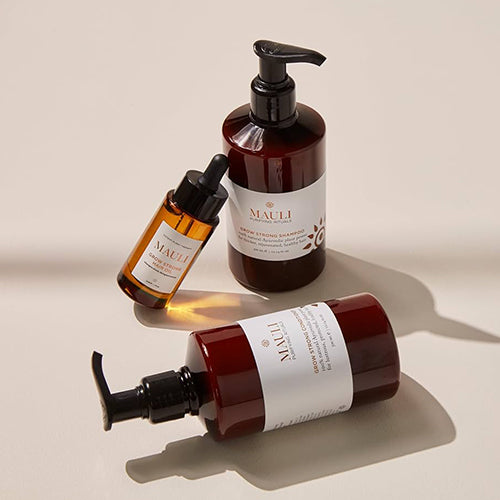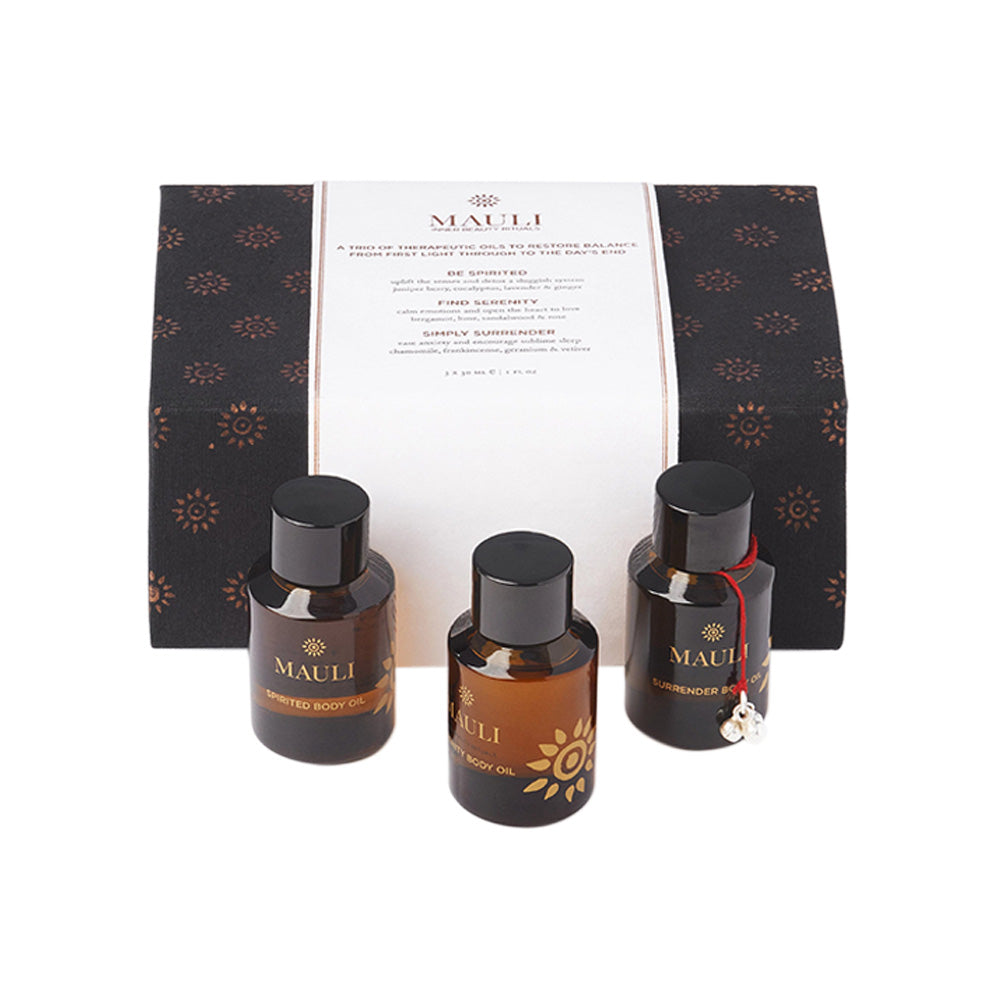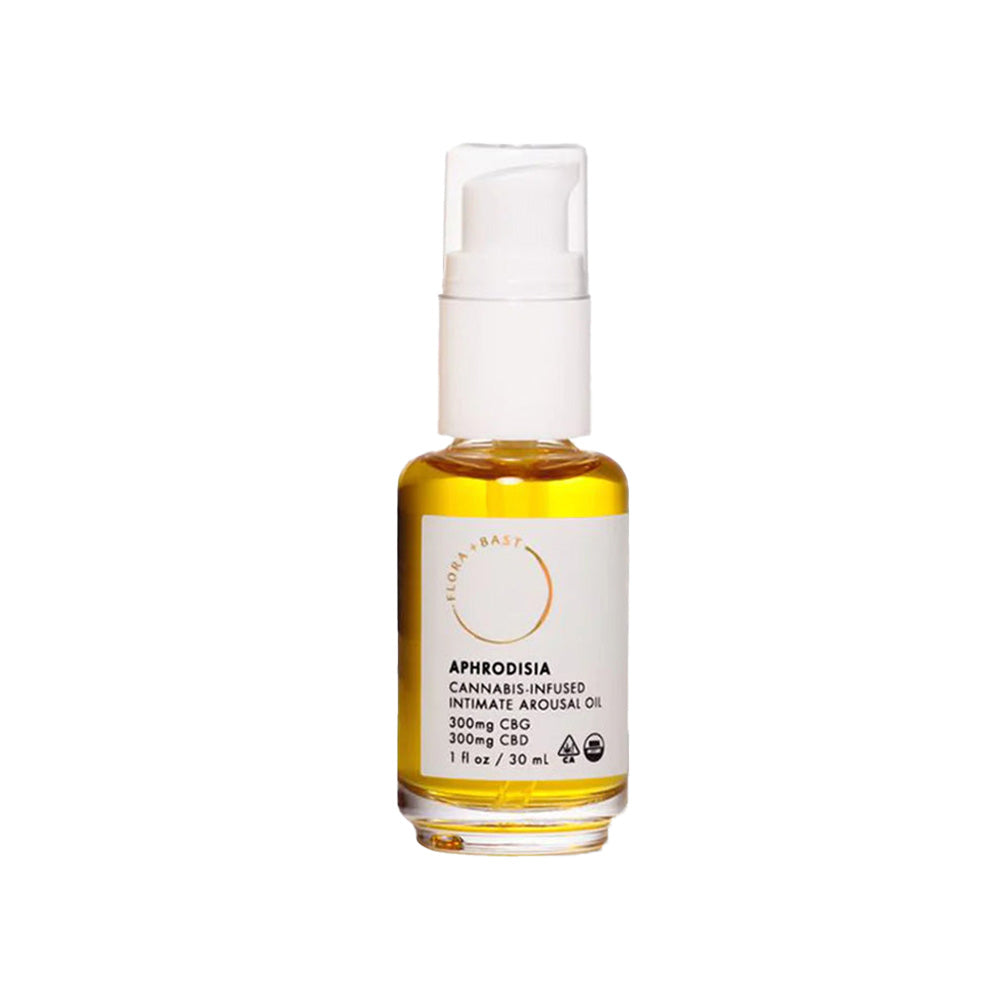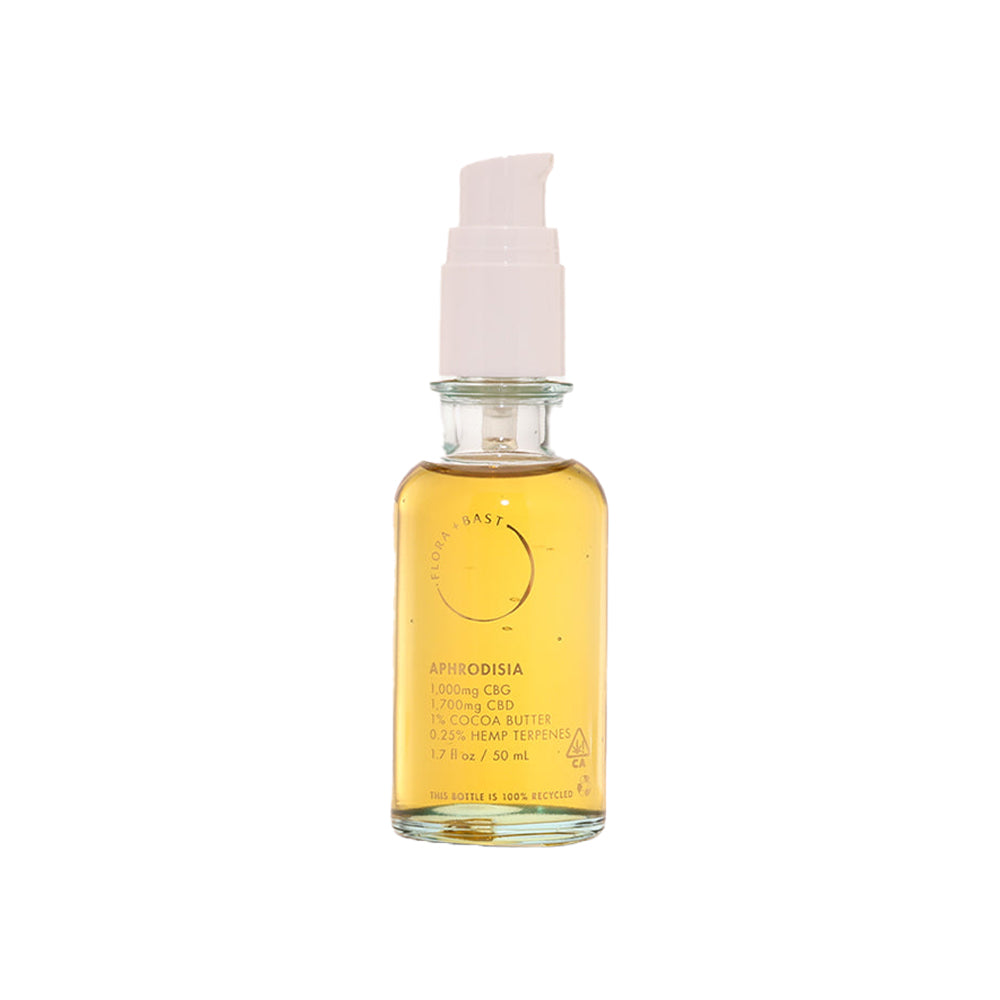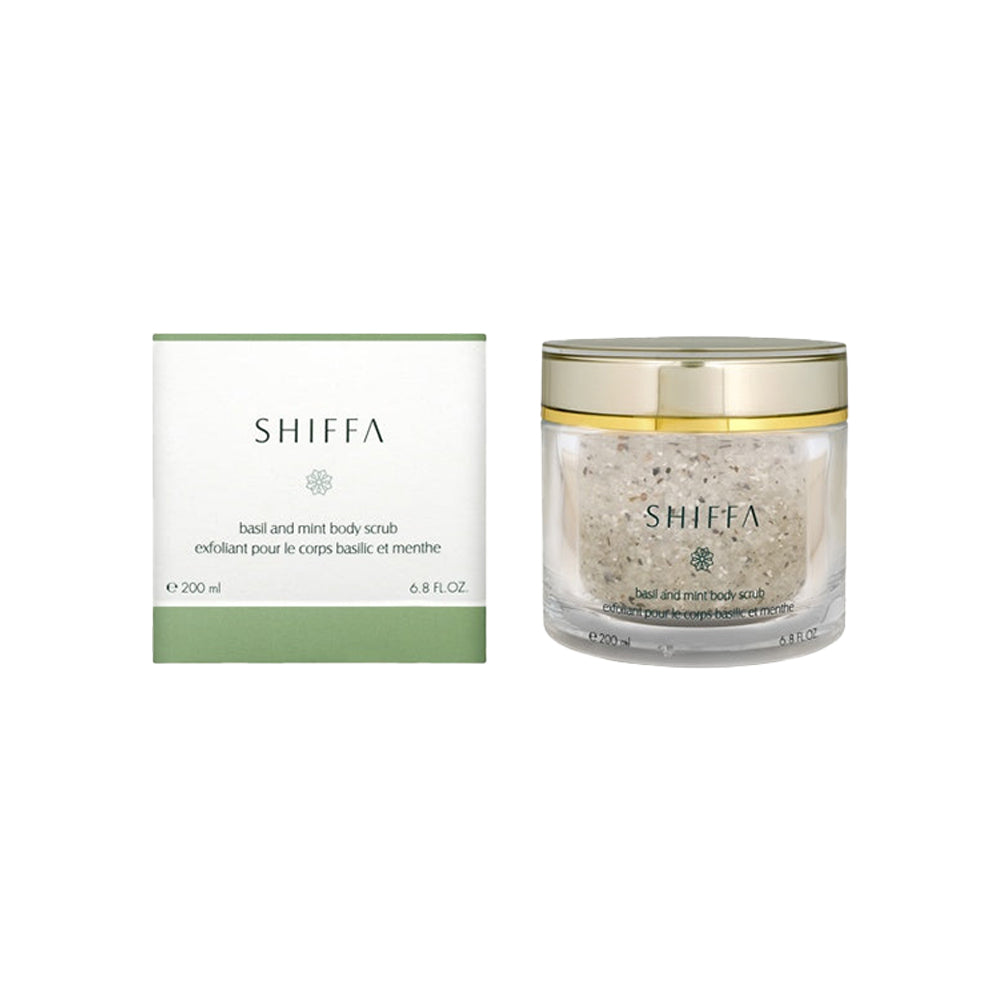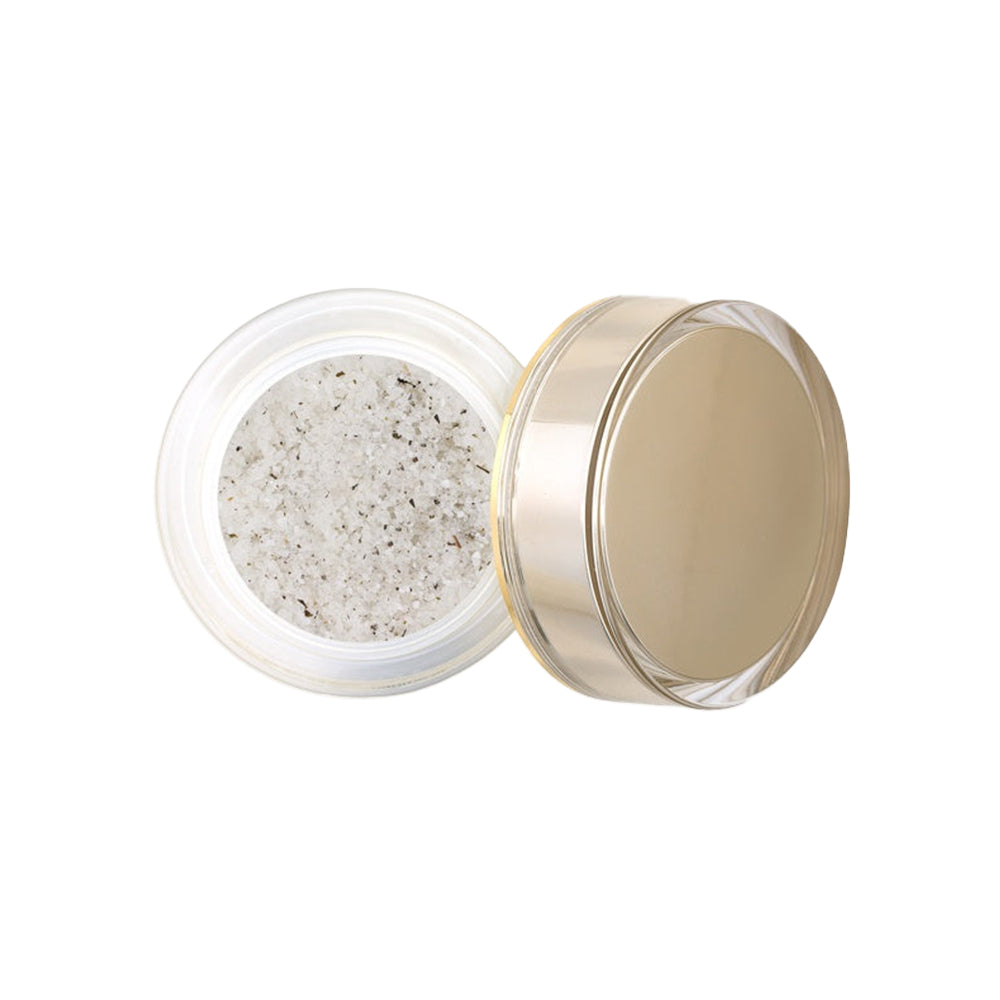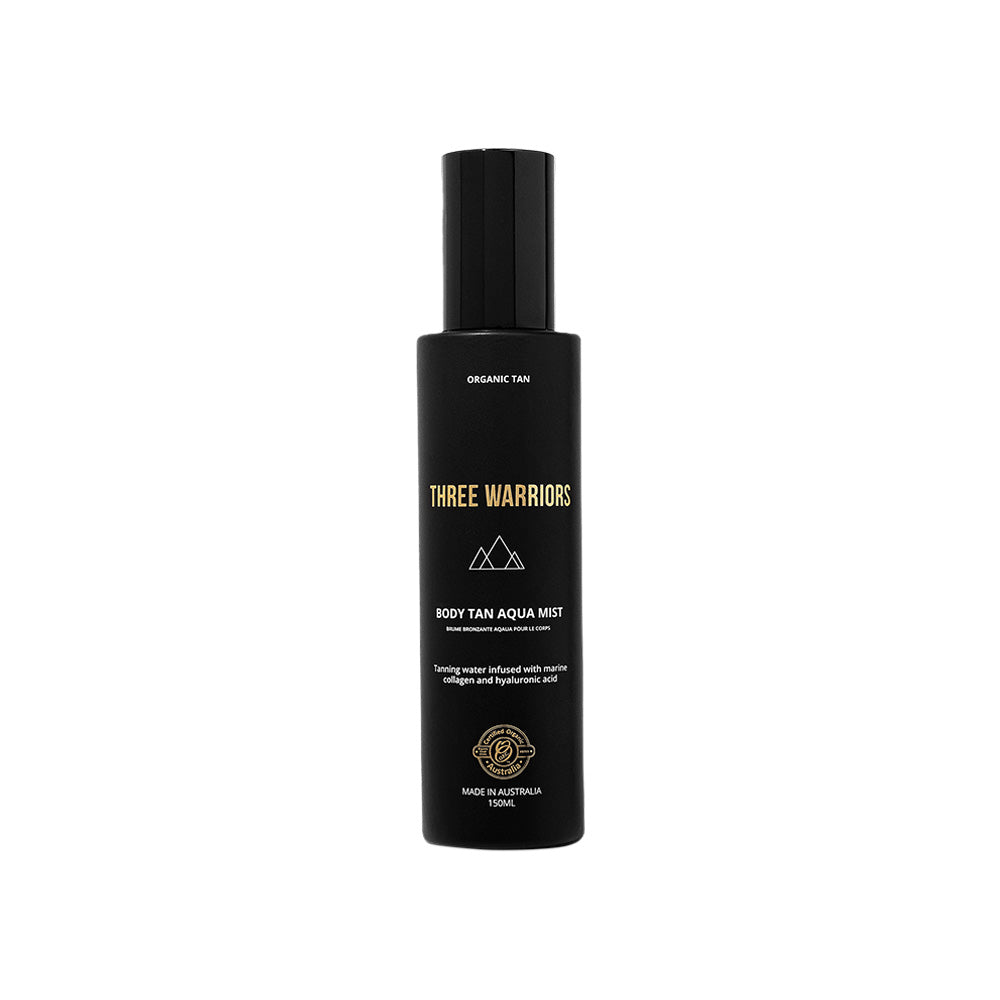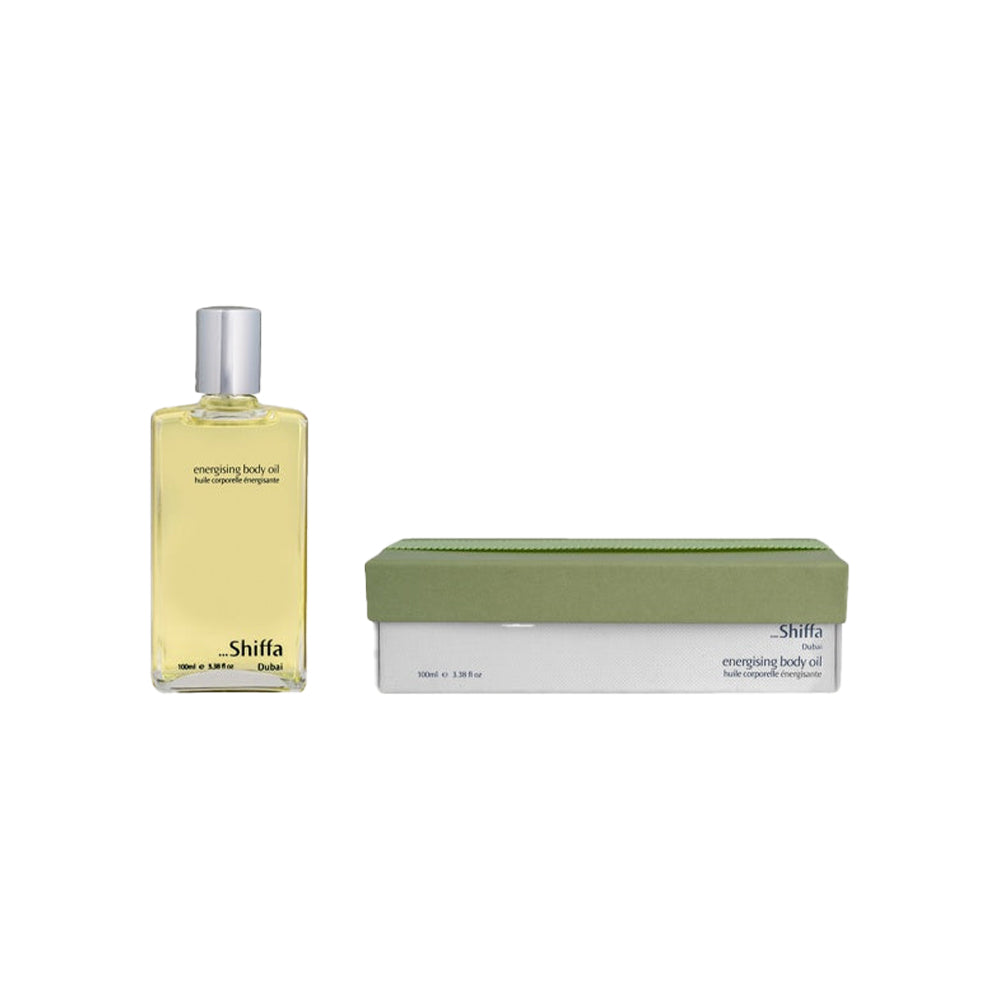Despite lots of people enjoying running regularly, it’s not as easy as it sounds, and especially not for beginners. If you want to start running or jogging but you're a beginner and don’t know how to get going, try these top tips to help you get started in your running journey, no matter what age, shape, or fitness level you’re at.
WHY START RUNNING
Running can help you to lose weight, get fit and get into shape, but it can help you in a wealth of other ways too. Not only will it help you burn calories, and torch fat, but running regularly can help to reduce your chance of developing long-term health conditions like diabetes, heart disease, and stroke. Over time, your heart will become healthier so your body is working better to support you. It can also support your mental health.
After a run, your body naturally releases feel-good endorphins that wash over you and make you feel amazing (“runner’s high”). Plus, it’s not just short-term gains either. Regularly dedicating time to yourself in a weekly, or thrice weekly run means you have time to think and time to escape and release any built-up energy or tension.
Dedicating time on a run solely for your pleasure (and health) can make a world of difference to your mental space – it’s just another form of self-care! Plus, overcoming challenges and working towards small goals each week gives you amazing satisfaction. You’ll feel better physically and mentally and may see your confidence levels rise in all areas of life.
Now that we’ve discussed the benefits of running for your health and wellbeing, it’s time to get into the nitty-gritty. It’s all good and well wanting to do it, but actually, seeing it through? Don’t fret. Keep reading for a beginner’s guide on how to start running and stay consistent.
SET A GOAL & TRACK YOUR PROGRESS
Just like anything in life, setting a clear goal is key. Beginners should start small, perhaps to run 5K or 10K without stopping, but you could also find a race, charity run, or competition so you have something to aim towards. “Setting goals commonly allows you to track your progress, with the benefits of envisioning your long-term results and providing short-term motivation that can fuel your drive to run further and better. We believe that motivation starts with the mindset, and applying proper (and doable) goals for running is the first step in making sure your running regime is successful,” suggests running expert, Sean McFadden, from Physiosupplies Ireland.
DIARISE YOUR RUNS & MAKE IT EASY TO STICK TO
Make your running routine easy to follow. Run at the same time on the same days each week. Have a go-to playlist or podcast to keep you company. Make sure your earphones are charged before you go and have all your running gear ready to slip on. Keep it by the door if that makes it easy for you to stick to! James Clear, the author of Atomic Habits, said, “You do not rise to the level of your goals. You fall to the level of your systems.” Make yours unbreakable.
START SMALL & REWARD YOURSELF
“Enjoy the journey and don't get too caught up on the big goal ahead. Try to focus on small daily achievable actions that are building blocks for your goals whether that's running your first 5k or 10k. Don't forget to celebrate these small wins; the ability to pat yourself on the back instead of beating yourself up allows you to plant tiny seeds of positivity,” suggests women’s running coach Hannah Walsh. If you’re out of shape or suffer from any existing health conditions, consult your GP before you start running.
RUN CONSISTENTLY
“A strategy we found to be the most effective is to start running consistently. This will allow you to simply get into the habit of running as often as you can. You can run for 5 minutes or up to how long you want – the challenge comes from consistently running on a bi-weekly, weekly, or daily basis,” suggest McFadden. From there, you can aim to improve each week by going a little further or running the route a little quicker each time. Activity trackers are a great way to track progress!
KNOW YOUR ‘WHY’
You first must accept that you’re a beginner at running. “Don't get too caught up in comparing yourself with other runners. There's a great quote "Don't measure your progress with someone else's ruler". To avoid the comparison trap, focus on your reason to start running. I always encourage my runners to bring their 'whys' to the start line and it's a powerful thing to focus on in training. You don't need to be better than anyone else; just focus on being better than you were yesterday,” advises Walsh.
PLAN YOUR ROUTE
“Another great long-term goal is to pick your favorite running routine and start tracking your laps or timing. This is an ideal task to take as it allows you to track your progress more easily, and set better goals in the long run,” says McFadden. For an extra mood boost, run somewhere with lots of greenery and breathtaking nature.
WARM-UP & STRETCH
To prevent injury and support your body’s recovery, you should always warm-up before a run, and perform a cool down and stretch afterward. “Simple exercises such as knee highs, jumping jacks, and running on the spot can slowly energize you and set your brain into “exercise- mode”, which can deliberately help with your running,” suggests McFadden.
DON’T GO IT ALONE
“Whether that's joining a local running group, an online Facebook community, or persuading a friend to come running with you, the power of the group is huge. When we team together with others on a shared purpose, we are capable of achieving so much more,” says Walsh. Running with others, or even sharing your progress with others via an online community can help you to stay motivated and keep going!
FUEL YOUR BODY
To get the most out of every run, eating well-balanced meals that will support you physically is super important. You’ll want to avoid heavy meals right before you run. Leave a couple of hours between your last meal and your run, or fuel pre-run with a snack around an hour before. Something small like oatmeal could give you the slow-release energy you need to sustain yourself throughout your run. And don’t forget to drink plenty of water!
RECOVERY IS KEY
Post-run, aim to refuel as soon as you can, ideally within 20-30 minutes. This supports your body to resynthesize the muscle glycogen and recover faster which not only boosts your energy and mood but also might help with post-run muscle pain or DOMS (delayed onset muscle soreness).
If you do experience DOMS, run a bath and soak with healing essential oils and Epsom salts. CBD could help too! Less pain and better recovery mean you can keep working at your own pace.
For long or strenuous runs, your nutrients will start to deplete. Replenish them to support your recovery, energy, and mood with electrolyte drinks.
Whether you’re a beginner or have had a break from running and want to get back to fitness, enjoy the process, and reap the rewards with these top running tips!







